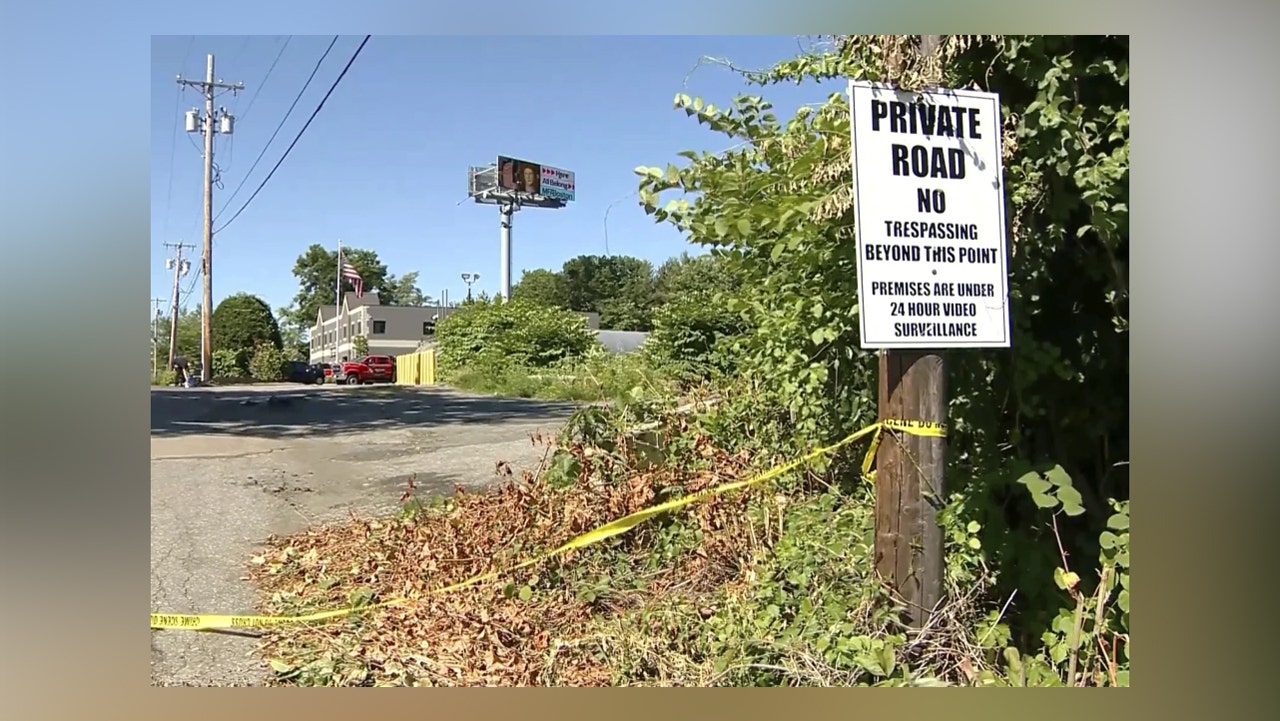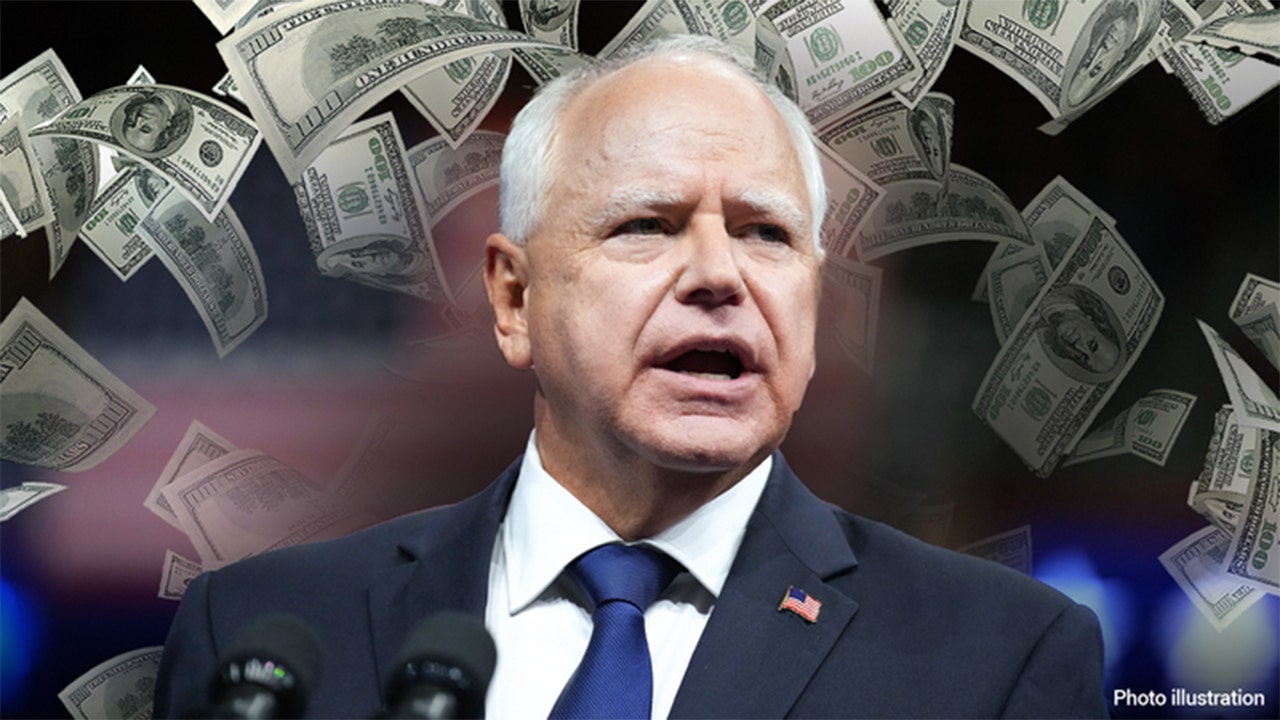In his first six months in office last summer, the mayor of Denver, Mike Johnston, managed to get more than 1,200 homeless people off the streets and into housing. That seemed like a fitting feat for a city that prides itself on its compassion.
It would turn out to be a footnote compared with the humanitarian crisis that Denver would soon face as thousands of migrants flooded the city, many of them bused from the southern border by Gov. Greg Abbott of Texas and almost all of them in need of shelter and support.
By last month, Denver, a city of 750,000, had received nearly 40,000 migrants, the most per capita of any city in the nation, even as the flow of migrants slowed in the deep chill of winter. And the city has begun to feel the same sort of strains that have confronted New York and Chicago as they contended with their own migrant influxes.
Denver, the state capital and the center of a sprawling metropolitan area of more than 3 million people, has spent more than $42 million on the migrants. If expenditures continue at the current pace of $3.5 million a week, the crisis could cost the city about $180 million in 2024, or 10 percent or more of its annual budget.
The city has begun discharging dozens of families from hotels that it rented to house them temporarily, creating fresh hardship for those being displaced. And this week, the city will begin imposing a first round of budget cuts unrelated to migrant services, starting with reductions in parks and motor vehicle services.
Like mayors in New York, Chicago and elsewhere, Mr. Johnston had been making increasingly desperate requests for help from the White House and Congress.
But the pleas were largely unheeded, with only $9 million authorized in federal reimbursements for Denver. And after a proposed deal to address the migrant crisis collapsed last week in Washington, Denver finally buckled.
“We are going to have to make changes to what we can do in terms of our city budget and what we can do in terms of support for newcomers who have arrived in the city,” Mr. Johnston said on Friday, his boyish face uncharacteristically grim.
The mayor, who served in the state legislature and has run for governor and the U.S. Senate, is keenly aware that voters may begin to question whether too many resources are being devoted to the newcomers, a sentiment he has already encountered in some quarters.
Mr. Johnston said he was determined to strike a balance. “We want to continue to be a city that does not have women and children out on the street in tents in 20-degree weather,” the mayor said. “And we also want to provide all our constituents with the services they deserve and the services that they expect.”
DJ Summers, director of policy and research at the Common Sense Institute in Denver, said Denver faces a daunting path forward. “Our city’s resources are going to be depleted trying to help these people,” Mr. Summers said. “If this situation continues to worsen, it will absolutely exacerbate the impact on Denver’s taxpayers and city services.”
The mayor blamed Denver’s predicament on Republican leaders in Congress who rejected a proposal negotiated by one of their own senators and supported by President Biden. It would have curbed border entries and bolstered funding for cities like Denver.
“If that measure had succeeded,” Mr. Johnston said, “there would not be a crisis.”
Like a host of other U.S. cities, Denver does not allow local law enforcement to detain undocumented immigrants solely on the basis of their status and does not turn them over to federal authorities unless a judge has issued an arrest warrant.
This isn’t out of character for the city, which has been led by Democratic mayors for more than half a century (though the office itself is nonpartisan). But it made Denver a target for Governor Abbott, a third-term Republican who has sought to export the border problem his state faces to so-called sanctuary cities.
In 2022, he began dispatching migrants to Washington, New York and Chicago. Last May, he added Denver to Democratic-led cities he has singled out. When Mr. Johnston took office two months later, Denver was sheltering about 400 migrants, most of them Venezuelans fleeing their homeland’s economic collapse.
But through the fall, the pace of buses and migrants rapidly accelerated. In early January, the number of migrants in city-funded hotels hit 5,000, and many of them were without immediate prospects of securing steady work. To become eligible for work permits, migrants must apply for asylum, a cumbersome process, and then wait 150 days.
Some have found off-the-books jobs in construction and housekeeping. Others have hit the streets, selling flowers and brandishing squeegees to wash car windows. But the money they’re earning is hardly enough to make rent and buy food.
During a visit last month to a hotel housing migrants, Mayor Johnston drew anguished pleas even before he made it inside. “I’m not here to beg at a traffic light. I came to work,” a man in a red sweatshirt said.
People cried out that they would do any honest job and that they were not asking for charity.
The mayor, a fluent Spanish speaker who taught immigrant high school students before entering politics, leaned into the crowd and explained that only the federal government could provide work permits.
There were employers in hospitality, construction and others sectors hungry for their labor, if only the newcomers had work authorization. “If I could, I would give you a job now,” Mr. Johnston told one man.
Even without that power, the mayor and much of the city have stepped up.
Andrea Ryall, a mother of three, started a Facebook group, Highlands Moms & Neighbors, that attracted 1,000 volunteers in a matter of days. In 10 weeks, the group had 6,000 members, split into “action teams,” categorized as “advocacy, physical needs, feed the people and resource navigation.” About a dozen similar groups popped up to coordinate meals and donations for migrants.
“There was an awareness in our city around migrants, and we really wanted to integrate them,” Ms. Ryall said.
In the dead of winter, migrants have continued arriving, albeit in smaller numbers as border crossings have decreased. But the lull, like the one last year, is not expected to hold.
The family of Yackson Antonio, 9, was among the recent arrivals. Yackson, a Venezuelan boy who had picked a package of spaghetti from a crate of donated food outside a Quality Inn housing migrants, said that he and two siblings would be enrolling in school the next day.
Denver Public Schools has registered more than 3,000 new students this academic year, mainly migrant children, reversing a yearslong enrollment decline. The district has raced to hire more teachers, and some elementary schools have classrooms with 45 children.
Because about half the students arrived after the October count that determined annual funding, the district is operating with an $18 million shortfall. “Unprecedented,” said Russell Ramsey, executive director of enrollment and campus planning.
Denver Health, the public hospital, has been overwhelmed with migrant patients.
“The migrant crisis is also a health care crisis,” Donna Lynne, the chief executive, wrote in a recent essay in The Denver Post, in which she described a system in dire need of resources.
Denver recently reinstated time limits for migrants in city-provided hotels after pausing discharges in November because of the cold. Stays will be up to 14 days for adults without children and 42 days for families. About 800 families are expected to have to exit hotels in coming weeks, according to city officials.
At the same time, the city has been enforcing a ban on encampments.
When an Arctic blast battered Denver in early January, the authorities dismantled two sites where hundreds of migrants were camped out. Some single adults agreed to move into a large hall where they slept on pads on the ground; dozens of families were transferred to a century-old site where nuns once cared for the dying.
Some migrants determined to remain close to family and friends who were still in hotels erected tents in a drainage tunnel, equipped with heaters, tarps and gear provided by volunteers.
Organizations that aid the homeless have criticized the mayor’s stance on encampments and urged him to designate a site, such as a parking lot, for migrant tents. But the mayor has insisted that people be sheltered indoors and that encampments not be permitted.
Ms. Ryall, the volunteer leader, said residents were “killing ourselves” to fill gaps. “No matter the level of incredible response from the community and city of Denver, it’s a huge challenge,” she said. “We need federal help.”
The mayor praised people who have cooked meals for migrants, welcomed them into their homes and offered them jobs. As everyone grappled with the next chapter, he said, “We’ll work with the spirit of service this city has shown.”






